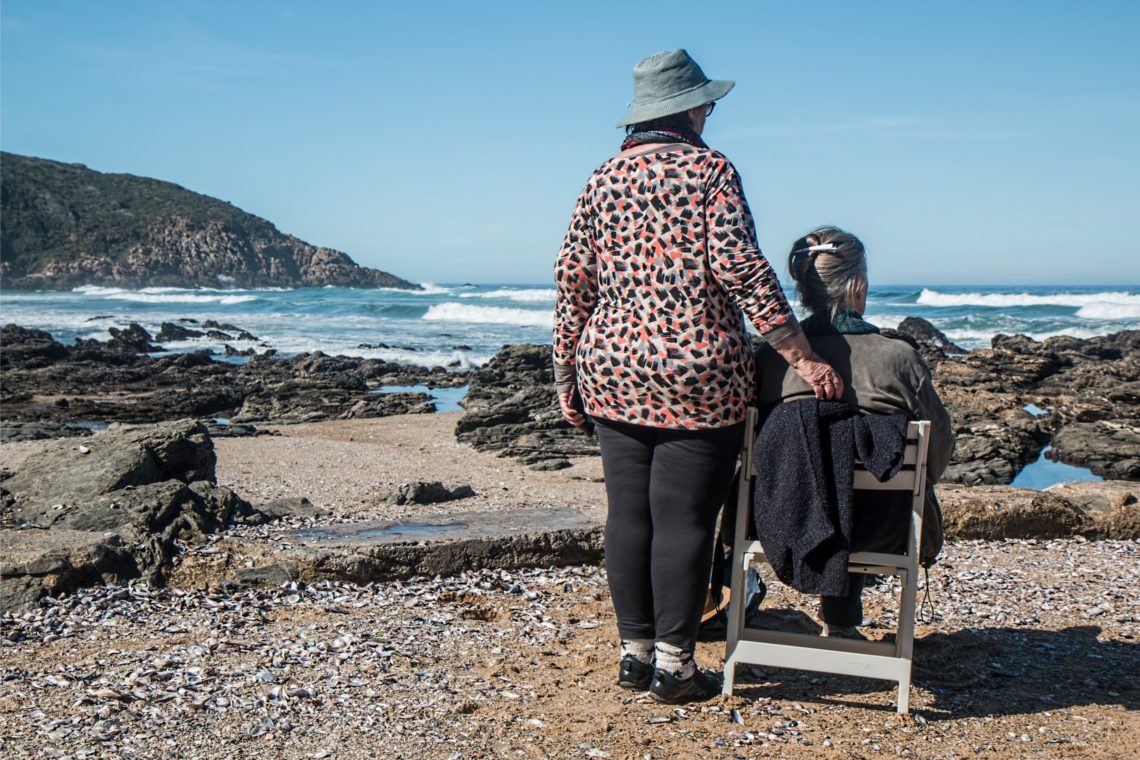Understanding and changing the way you see dementia can go a long way towards making the moments shared with your loved ones rewarding and enjoyable. With a positive attitude, a trusty sense of humour and a read of this article, you can start doing just that.
When a person develops dementia, the first feelings to arise are often anxiety, emotional pain and fear. Fear that relatives will not be recognised by their loved ones. It is no doubt an emotionally traumatic experience but focusing on this fear and pain will not make dementia go away. As heart-breaking as it may be, the sooner we come to terms with the fact that dementia is here to stay, the better. Fighting it doesn’t make it any easier to cope with, but understanding dementia and changing the way you see it, will. In doing so, relatives and their loved ones can enjoy rewarding moments together despite dementia.
Be in the moment
Another way that dementia is often described is as ‘being in the moment’. For those with dementia, the only reality that exists is the one they are in. Correcting them about dates and people often causes further confusion and disorientation. Dementia is a journey involving a lot of time travel. But that doesn’t mean loved ones have to stay behind. In a sense, dementia could be likened to the DeLorean out of Back to the Future. Those with dementia are already in the car, but relatives can always jump in the passenger seat. A good way to ease stress on both sides is to explore reality with them. Wherever, or rather whenever, the individual is in time, that is the only time that’s relevant. If they’re somewhere in the 30s, be with them in the 30’s. Ask them what is it like there, who they’re with.
Relatives can also learn to be in the moment. It can be stressful worrying about what the future holds for a loved one with dementia. But shifting the focus away from stress and anxiety, and focusing on the present can allow quality time to be spent with them now.
How to reply to “I want to go home”…
Don’t panic. Ask them a question. You could tell them that where they are now is their home. Or you could ask them where home is. It could be where they grew up or their first home as an adult. Ask more questions. Who do they live with? Difficulty often arises in trying to fight dementia, in desperately trying to keep loved ones in the now. Why not simply walk down memory lane with them?
Listen to body language
Conversations don’t always have to be verbal. We can all say a lot without opening our mouths and the same applies to those with dementia. They can tell others how they feel in multiple ways. Does their body language express pain, happiness, or are they uncomfortable? These little things mean the most. Relatives will also need to pay attention to their own body language and ensure this matches their tone of voice and what they are saying.
Consider the senses
Sensory activities are very important when it comes to engaging with dementia sufferers. Two senses to concentrate on are touch and sound. Keep in mind the emotional assurance that comes with simply holding someone’s hand. Sound and music can be very effective in creating a soothing and calm atmosphere. They can also trigger memories and allow for moments of reminiscence and clarity.



